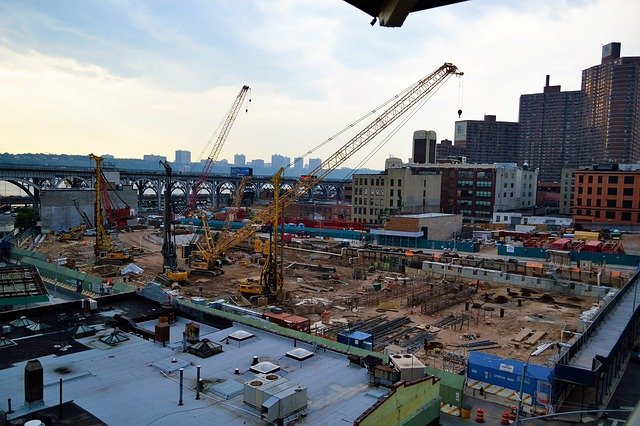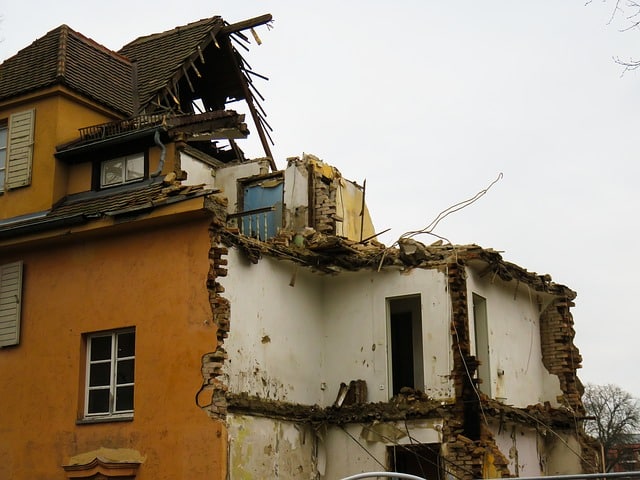
Construction site fueled by gentrification in Harlem
The idea of gentrification does not appear in the dictionary of the Royal Spanish Academy ( RAE ). The term, however, is usually used in the field of architecture and urban planning .
A socioeconomic phenomenon
Gentrification is a process that takes place when an area begins to be populated by citizens of a higher socioeconomic class than the previous inhabitants and the urban space acquires other characteristics through building restorations and new constructions , with which people who used to live there end up being displaced.
With gentrification, in this way, a deteriorated neighborhood changes its appearance . The new characteristics of the district produce an increase in property values and rents, forcing traditional neighbors to move away and settle on the periphery. Simultaneously, the renovated space becomes inhabited by individuals with greater purchasing power, since they are in a financial position to assume the costs and expenses.
The starting point of this phenomenon is the detection of a low-income neighborhood that, despite what it may seem at first glance, hides great potential , as if it were "a diamond in the rough." To exploit such potential, needless to say, a colossal investment of money is necessary, and that is why once the process begins it is almost impossible to stop .
The former residents, as well as the local merchants, can live a real nightmare although the attack is silent : there are no struggles like those of an eviction, there are no threats, but increases in rents to levels impossible to pay, changes in the local regulations that complicate their existence and, of course, a degree of discrimination that grows until it becomes unbearable.
Tourism and companies
In recent years, gentrification has frequently occurred in areas of tourist potential . In these places, heavy investments are usually made to rehabilitate buildings and improve public space, increasing property prices. Thus, it is possible to attract visitors but many times it harms the neighbors.
If we forget for a moment about double intentions and political interests, tourist cities tend to be deeply grateful for the influx of foreign people, since it is the main engine of their economy. But gentrification takes advantage of this phenomenon to turn certain areas into artificial places , where residents do not represent the culture but rather show a "more attractive" image, "of a higher level."
Gentrification also occurs when large chains are installed or a shopping center is built in a neighborhood . These additions, which can revalue the site, tend to affect small businesses and family stores.
It happened years ago, it happens today and it will continue to happen: the market giants mercilessly crush the smaller ones , and consumers continue walking without looking to the side. The system accustoms us to accepting these abuses as if they were necessary sacrifices to improve, to ascend and evolve. But it is nothing more than a cowardly and twisted act.

A dilapidated house can be a gold mine for gentrification
Accepted neologism
Finally, it should be noted that the Urgent Spanish Foundation ( Fundéu BBVA ) considers that gentrification is a valid neologism to adapt the English word gentrification . Other terms in our language , such as aristocratization or elitism , fail to reflect the nuances of the phenomenon.
In the etymology of the English word we have the idea of "good people, upper bourgeoisie" and the suffix -tion , which indicates "action and effect of." That is why we are facing a process that aims to transform a neighborhood by changing its inhabitants for others that meet these requirements.
